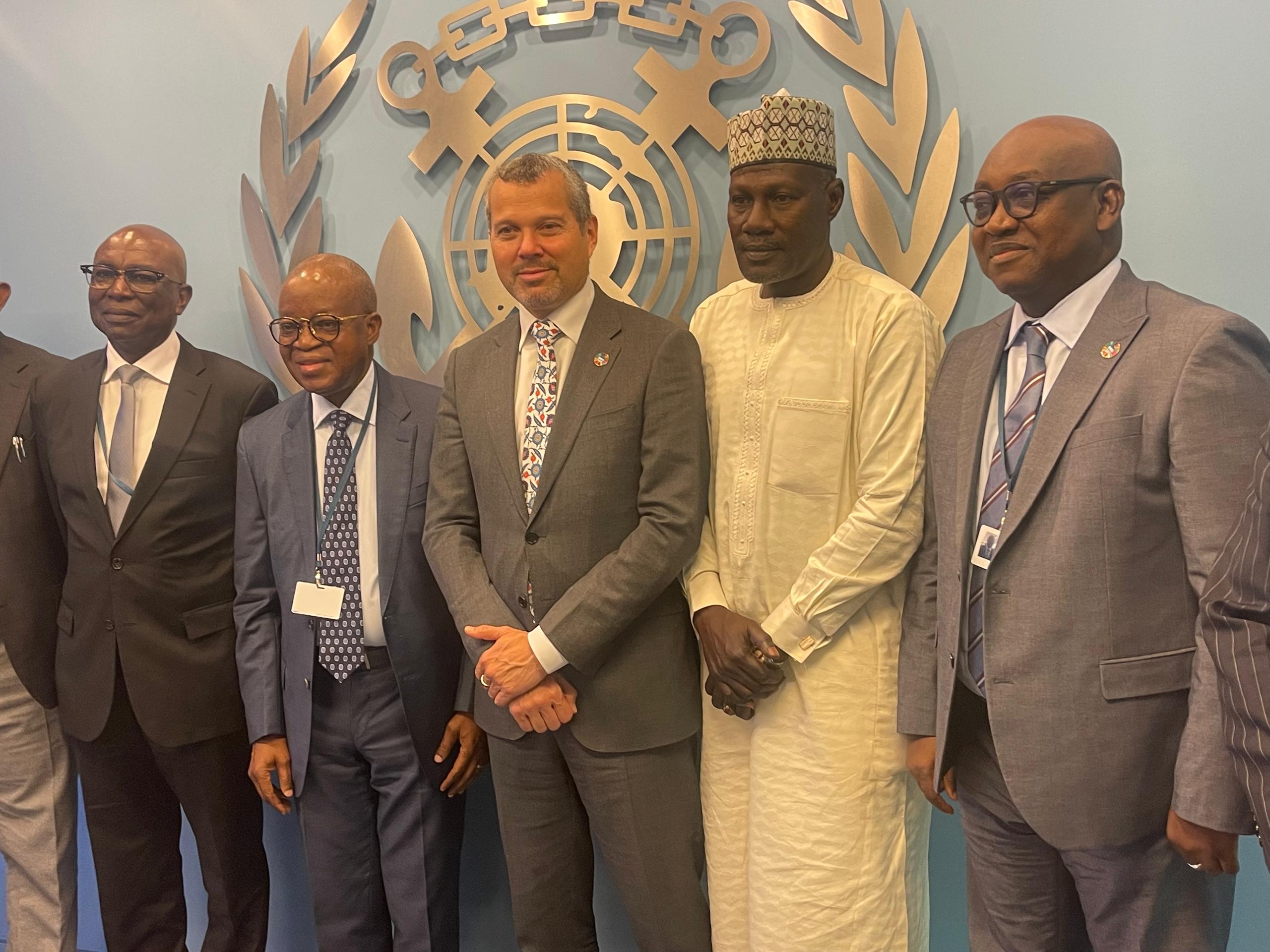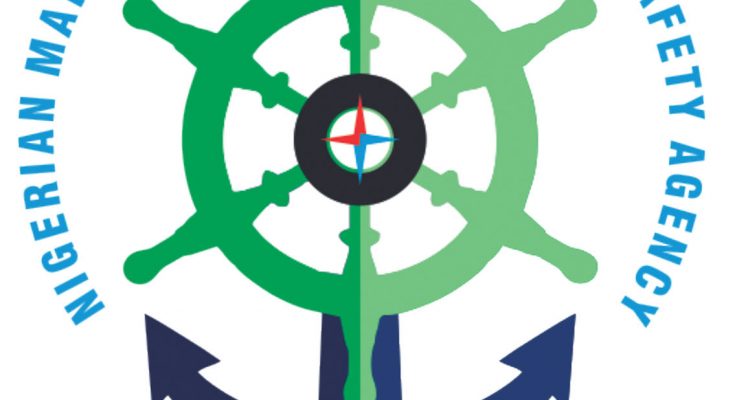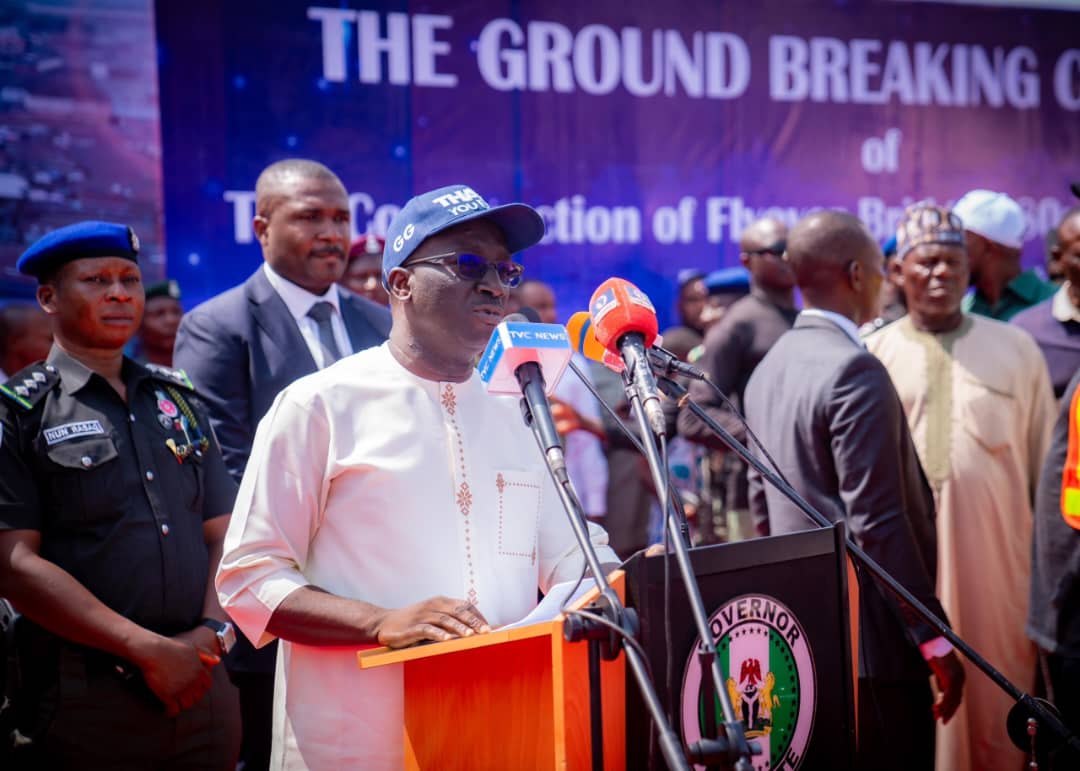Maritime
EU and UNODC mark the launch of a new maritime security partnership in Mauritius

PORT-LOUIS – On 27 January at La Plantation Hotel in Balaclava, the European Union (EU) and the United Nations Office on Drugs and Crime (UNODC) will celebrate the renewal of their partnership under the EU-funded Programme to Promote Regional Maritime Security in the Eastern and Southern Africa – Indian Ocean region, better known under its acronym MASE.
The EU and UNODC have agreed to take the opportunity of an important training session in Mauritius to celebrate the renewal of their partnership under the Programme to Promote Regional Maritime Security (MASE programme) in the presence of officials from the Government of Mauritius and criminal justice agencies, as well as representatives from the Indian Ocean Commission. Mr Guy Samzun, Chargé d’Affaires a.i. of the European Union Delegation to the Republic of Mauritius and Mr. Robert McLaughlin, senior legal advisor and counter-piracy expert representing UNODC will deliver statements on this occasion.
 UNODC Maritime Crime Programme is dedicated to supporting States in the East African and Indian Ocean regions to combat maritime crime, with a focus on capacity building and criminal justice development. As part of the overarching MASE programme, the EU signed an agreement with UNODC in November 2013 to the amount of EUR 5 million to continue supporting States in the Eastern and Southern Africa-Indian Ocean region to develop and strengthen national/regional legal, legislative and infrastructural capability for arrest, transfer, detention and prosecution of pirates. This is a continuation of the ongoing European Union support to the valuable work of UNODC.
UNODC Maritime Crime Programme is dedicated to supporting States in the East African and Indian Ocean regions to combat maritime crime, with a focus on capacity building and criminal justice development. As part of the overarching MASE programme, the EU signed an agreement with UNODC in November 2013 to the amount of EUR 5 million to continue supporting States in the Eastern and Southern Africa-Indian Ocean region to develop and strengthen national/regional legal, legislative and infrastructural capability for arrest, transfer, detention and prosecution of pirates. This is a continuation of the ongoing European Union support to the valuable work of UNODC.
Under the EU-UNODC MASE partnership, the EU will provide funding for UNODC to continue its support to combating maritime crime for Eastern and Southern African and Indian Ocean States, including Mauritius. This support takes many forms and includes training of Judges, lawyers, police and prison staff; provision of new equipment; legislative support; infrastructural development, mentoring and support to maritime crime prosecutions. Such assistance is contingent upon the cooperation of national partners. The EU and UNODC have enjoyed an excellent working relationship with national criminal justice agencies in Mauritius and see this as a key component of the success of the new partnership under the MASE programme.
The implementation of the MASE programme requires regional ownership and responsibility, solidarity and intra-regional burden-sharing, effective communication and information-sharing mechanisms as well as collaboration with other implementing partners with expertise and experience. Therefore, the MASE programme will be implemented under the leadership of the Regional Organisations of the Eastern and Southern Africa – Indian Ocean in collaboration with other implementing partners including UNODC and INTERPOL. The new partnership between the EU and UNODC will be implemented under the framework of Result 2 of the MASE programme “Development and strengthening of national and regional legal, legislative and infrastructural capabilities” which is led by the East African Community.
Background
The European Union (EU) is stepping up its support to fight maritime crime in the Indian Ocean. Piracy, drugs and arms smuggling, human trafficking, illegal fishing and maritime pollution are serious threats that can undermine peace and stability and which increase the cost of doing business. In 2013, the EU launched the MASE programme, a new and crucial programme to combat maritime crime and promote maritime security in the Eastern and Southern Africa-Indian Ocean region. The MASE programme will provide support to reduce and prosecute maritime crimes in line with the Regional Strategy against Piracy and for Promoting Maritime Security adopted in October 2010 in Mauritius during the 2nd High Level Regional Ministerial Conference on Maritime Piracy It will thus secure trade routes in the Eastern and Southern Africa and Indian Ocean Region. The MASE Programme, which amounts to a total of EUR 37.5 million from the 10th European Development Fund, will be implemented over five years under the leadership of four Regional Organisations, namely IGAD (Intergovernmental Authority for Development), COMESA (Common Market for Eastern and Southern Africa), EAC (East African Community) and IOC (Indian Ocean Commission).
Under the EU – UNODC partnership, UNODC will be responsible for working to strengthen the ‘maritime criminal justice system’ in Eastern and Southern Africa and
Indian Ocean states such as Mauritius. This is achieved through training, capacity building, and support to maritime crime prosecutions. Maritime crimes include piracy, trafficking of human beings, and smuggling of drug and weapons. Once suspects are arrested for maritime crimes, trials can be extremely difficult to conclude. This is because suspects and witnesses are often from countries other than the one in which the trial takes place, due to the international nature of maritime activities. UNODC works hand in hand with national governments to overcome these challenges and bring criminals to justice. In doing so, it provides assistance to the core national criminal justice institutions; assistance which is not limited to maritime security but has wider-ranging benefits.
In addition to the MASE partnership, the UNODC Maritime Crime Programme is also engaged in capacity building activities in Somalia, with a view to strengthening Somalia’s own ability to combat and ultimately prosecute maritime crime, particularly piracy. A core component of Maritime Crime Programme’s work is providing for prisoners that have been convicted for piracy in courts across the East African / Indian Ocean region to be transferred to prisons in Somalia where they can complete their sentences in their home country. UNODC is involved in the construction, maintenance and monitoring of these prisons to ensure that detainees are kept in secure and humane detention conditions.
In addition to the MASE programme, the European Union has a number of
programmes in support maritime security. Complementary to the work that UNODC undertakes, the EUCAP Nestor operation also has a mandate to support capacity development in national criminal justice systems. The combined actions of many countries and agencies in securing the Indian Ocean have proved effective in addressing piracy.
The programme complements a number of other EU actions including the two other missions of the EU’s Common Security and Defence Policy in the region, the
European Union Naval Force Somalia – Operation Atlanta, a naval operation that provides more direct support to secure safety on the high seas, and the EU military Training Mission (EUTM) for Somalia.
Maritime
Maritime Governance: Minister Deposits Three Accession Instruments At IMO

The Honourable Minister of Marine and Blue Economy, Adegboyega Oyetola has deposited three Instruments of Accession to IMO Conventions signed by President Bola Ahmed Tinubu with the global body.
He did so on Tuesday, at the headquarters of the International Maritime Organization (IMO), which acts as the repository for these conventions.
This move, coming a few weeks after Nigeria declared its intention to contest election for a seat on the IMO Council, is expected to enhance Nigeria’s maritime governance and align its practices with international standards, promoting maritime safety, security, and environmental protection.
Shortly after the presentation ceremonies, Oyetola informed the IMO Secretary General, Arsenio Dominguez, of the President’s commitment to ensuring that Nigeria aligns with international maritime standards regarding maritime safety, security, and sustainable marine practices.
ALSO READ: NNPCL Launches Utapate Crude Oil Blend, Eyes Production Expansion In 2025
He also called on the IMO to extend technical support to Nigeria.
In his words, “These instruments, duly acceded by His Excellency, the President of the Federal Republic of Nigeria, signify Nigeria’s continued commitment to aligning with international maritime standards, ensuring maritime safety and security, and promoting sustainable marine practices.
“We hereby request tailored technical cooperation under the Integrated Technical Cooperation Programme (ITCP) to enhance Nigeria’s compliance with IMO conventions and improve our maritime governance and implementation of the instruments we submitted today.”
On his part, Dominguez, acknowledged with appreciation the formal deposition of the Instruments of Accession, stating that it underscores Nigeria’s steadfast commitment to aligning with global maritime standards.
“I congratulate Nigeria for its exceptional efforts in acceding to these six critical IMO instruments. I encourage continued momentum by securing presidential assent to additional key conventions. We at the IMO remains fully committed to supporting Nigeria through technical cooperation and capacity-building initiatives to ensure the successful implementation of these instruments,” he stated.
The instruments Oyetola handed over to Dominguez include the instrument of accession to the 2005 Protocol to the Convention for the Suppression of Unlawful Acts against the Safety of Fixed Platforms Located on the Continental Shelf (SUA Protocol 2005), the instrument of accession to the International Convention on Standards of Training, Certification, and Watchkeeping for Fishing Vessel Personnel (STCW-F), and the instrument of accession to the Protocol Relating to Intervention on the High Seas in Cases of Pollution by Substances Other Than Oil (Intervention Protocol 1973).
It was gathered that three other Instruments of Accession signed by President Tinubu are undergoing further steps to complete the processes for their deposit.
Maritime
Capacity Dev’t: NIMASA Assures On Cabotage Vessel Financing Fund

Funds accrued under the Cabotage Vessel Financing Fund (CVFF) are intact and currently held with the Central Bank of Nigeria (CBN) under the Single Treasury Account (TSA).
This assertion was made by the Nigerian Maritime Administration and Safety Agency (NIMASA), in a statement in Lagos on Tuesday.
The clarification became necessary to address “a misleading publication alleging that funds have disappeared from the CVFF account”.
ALSO READ: Okpebholo Hits Ground Running, Flags Off Edo’s 1st Flyover Bridge
The statement reads, in part, “The report of a missing money is both misleading and false.
“For the record, the Cabotage Vessel Financing Fund, securely held in the NIMASA account at the Central Bank of Nigeria (CBN), remains intact. There has been no disappearance of funds, and no illegal transactions, as the article suggests. This misinformation is a figment of the authors imagination, aimed at undermining NIMASA’s integrity, and mislead the public about the Agency’s operations.
“The Management of NIMASA will ensure that the CVFF is utilised in line with its statutory purpose. NIMASA Director General, Dr Mobereola has assured stakeholders of the safety of funds under the CVFF.”
The statement cited the DG thus, “Let us be clear that the CVFF account at the Central Bank of Nigeria is safe, intact, and secure. We at NIMASA will continue to manage it with the utmost responsibility, and there are no irregularities or illegal activities surrounding the funds. I urge the public to disregard this false narrative and to continue trusting the Agency’s ability to uphold the integrity of Nigeria’s maritime sector”.
It was gathered that the CVFF is a fund established under section 42 of the Coastal and Inland Shipping (Cabotage) Act 2003 to promote the development of indigenous ship acquisition capacity and to provide credit facilities to local maritime operators.
The NIMASA, assured of its commitment “to transparency, accountability, and the advancement of Nigeria’s maritime sector.”
Maritime
Okpebholo Hits Ground Running, Flags Off Edo’s 1st Flyover Bridge

Edo State Governor, Senator Monday Okpebholo appears eager to deliver the dividends of democracy to his constituents.
This is discernible from the frenzy of activities being witnessed in his first few days on the job, including dissolution of boards, constitution of investigative panels, flagging off of infrastructure projects, among others.
In the bid to address the perennial road traffic congestion negatively impacting economic and social activities in Benin City, the state capital, Gov Okpebholo on Wednesday flagged off the construction of a flyover bridge.
Biztellers reports that the flyover bridge around the popular Ramat Park in the city centre is the first of such in the history of Edo State.
ALSO READ: Tinubu Seeks ₦1.767tn Loan to Tackle 2024 Budget Deficit
The Edo State Government made the disclosure in its verified handle on micro-blogging site, X, on Wednesday.
It wrote, “Traffic decongestion: Gov Okpebholo flags off first flyover in Edo.
“Edo State Governor, Sen. Monday Okpebholo has flagged off the construction of a flyover bridge at Ramat Park, Benin City, the State Capital, as part of immediate efforts to reduce traffic congestion in the city.”











